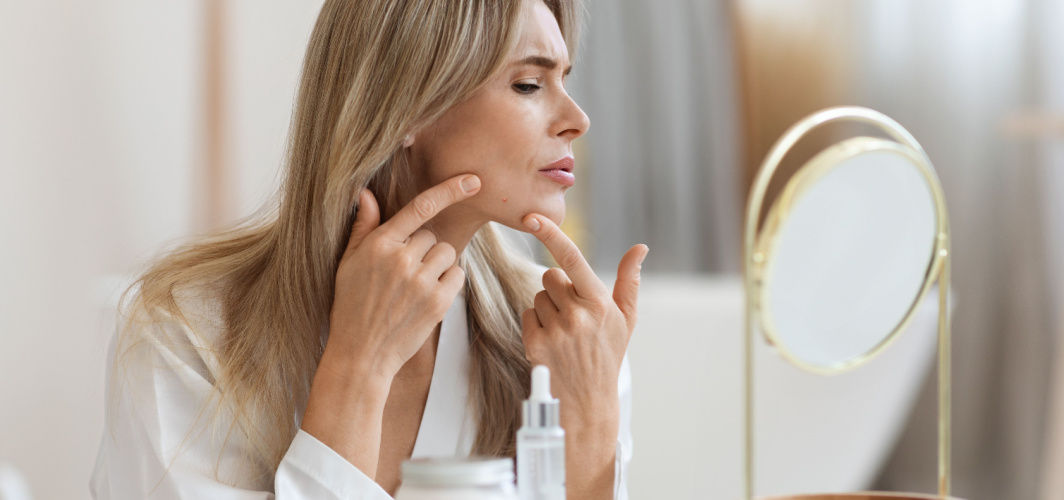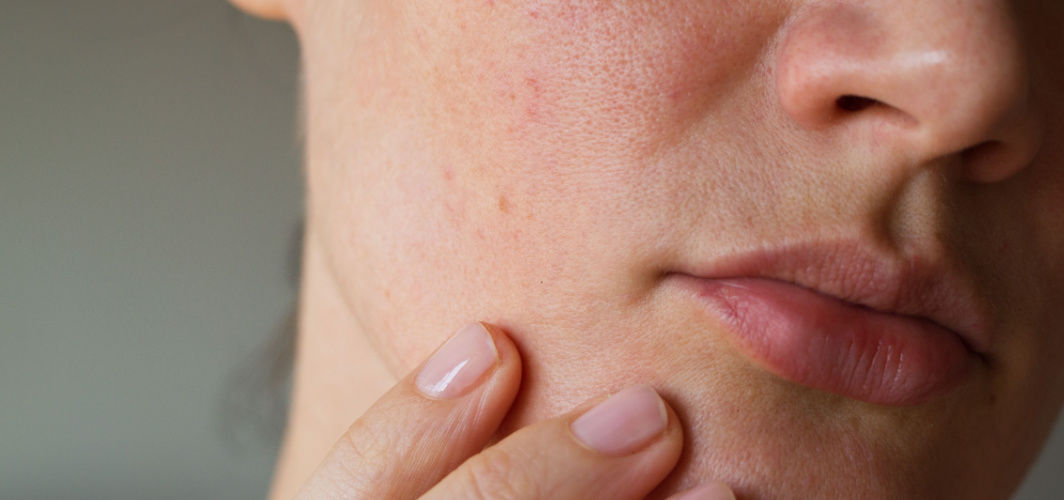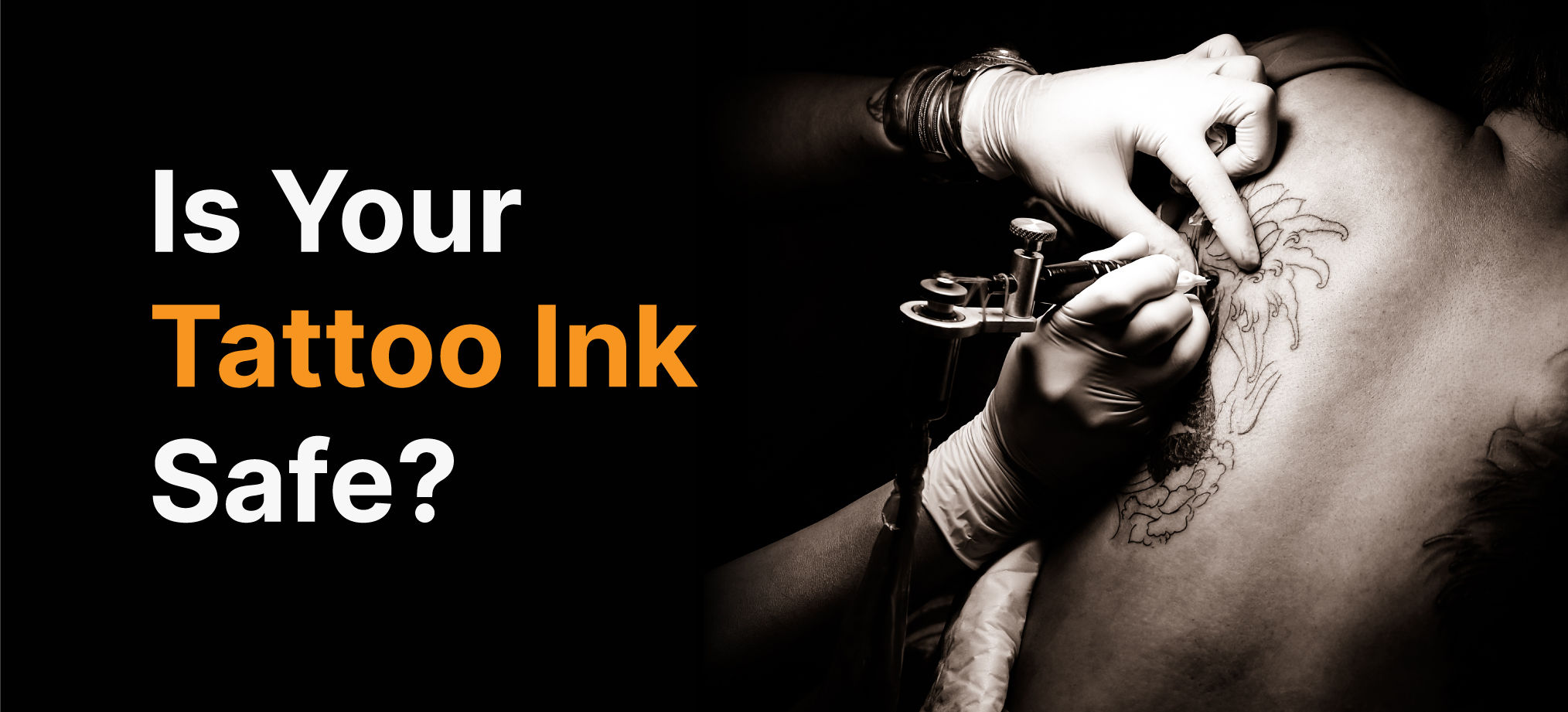Skin Care
Hormonal Acne: Definition, Causes, Symptoms, Treatments & Prevention
7 min read
By Apollo 24|7, Published on - 29 September 2023
Share this article
0
0 like

Hormonal acne refers to the type of acne that is primarily caused by hormonal imbalances in the body. It is a widespread skin concern in India, affecting individuals of various age groups and genders. The prevalence of hormonal acne can vary across regions and may be influenced by factors such as genetics, lifestyle, and diet. In this blog, we will delve into the complexities of hormonal acne, exploring its causes, symptoms, effective treatments, and prevention strategies, aiming to empower you with the knowledge to achieve clear and healthy skin.
What is Hormonal Acne?
Hormonal acne, also known as acne vulgaris, is a skin condition characterised by the development of pimples, blackheads, whiteheads, cysts, and nodules on the face, neck, chest, back, and other areas of the body.
1. How is it Different from Other Acne?
Hormonal acne differs from other types of acne, such as comedonal acne or bacterial acne, in its underlying causes. While common acne is often attributed to factors like clogged pores and bacterial overgrowth, hormonal acne is primarily driven by imbalances in hormone levels. Unlike regular acne, hormonal acne typically appears in specific areas of the face and body, often along the jawline and chin. Hormonal acne on cheeks tends to be deeper, more painful and may manifest as cystic acne.
2. Common Triggers for Hormonal Acne
Some common triggers for hormonal acne in the Indian population include:
- Puberty: Adolescents in India often experience hormonal acne during puberty when hormonal changes are most significant. The surge in androgen hormones can lead to increased oil production and acne breakouts.
- Pregnancy and Menopause: Hormonal changes during pregnancy and menopause can also trigger or exacerbate hormonal acne in Indian women.
Causes of Hormonal Acne
In this section, we will delve into the causes of hormonal acne.
1. Role of Hormones in Acne Formation
Hormones influence the rate of skin cell turnover, affecting the formation of acne lesions. Hormonal fluctuations can increase the shedding of skin cells and contribute to pore blockages. Some common hormonal imbalances that can lead to acne are:
- Excessive Production of Androgens: An overproduction of androgens, which can occur in both males and females, is a common trigger for hormonal acne. This excess androgen activity leads to increased sebum production and acne breakouts.
- Polycystic Ovary Syndrome (PCOS): PCOS is a hormonal disorder that affects women of reproductive age. It often involves elevated levels of androgens, insulin resistance, and irregular menstrual cycles, all of which can contribute to hormonal acne.
- Menstrual Cycle Fluctuations: Many women experience hormonal acne during specific phases of their menstrual cycles. The increase in androgens and subsequent changes in sebum production can lead to premenstrual or mid-cycle breakouts.
- Stress-induced Hormonal Changes: Chronic stress can disrupt the balance of hormones in the body, leading to increased androgen production and acne flare-ups.
2. Diet and Lifestyle
Consuming high glycemic-index foods, such as sugary snacks and processed carbohydrates, can cause rapid spikes in blood sugar levels. This, in turn, triggers an insulin response that may exacerbate hormonal imbalances and acne.
Symptoms and Diagnosis of Hormonal Acne
In this section, we will delve into the symptoms and diagnosis of Hormonal acne.
1. Identifying Hormonal Acne Symptoms
One of the key indicators of hormonal acne is its specific location on the face and body.
- Location and Pattern of Breakouts: Hormonal acne often appears on the lower face, especially along the jawline, chin, and cheeks. These areas are more prone to hormonal fluctuations, which can lead to the development of acne.
- Deep, Cystic Acne Lesions: Another characteristic of hormonal acne is the presence of deep, painful, and cystic acne lesions. These large, inflamed bumps often appear below the surface of the skin and can be particularly stubborn and resistant to conventional treatments.
2. Visiting a Dermatologist for Accurate Diagnosis
If you suspect you have hormonal acne, it's essential to seek the expertise of a dermatologist. A dermatologist will perform a thorough physical examination of your skin, paying close attention to the location and type of acne lesions. They will also inquire about your:
- Medical history
- Hormonal conditions
- Current medications
To accurately diagnose hormonal acne, a dermatologist may recommend specific laboratory tests to measure hormone levels in your body. These tests can help identify hormonal imbalances that may be contributing to the acne or lasting acne scars, especially if it's concentrated on the cheeks.
Effective Treatments for Hormonal Acne
In this section, we will delve into some effective treatment options for hormonal acne on cheeks and other parts of the body.
1. Topical treatments for Hormonal Acne
Some topical treatments for hormonal acne are:
- Retinoids, such as tretinoin or adapalene, are commonly prescribed topical treatments for hormonal acne. They work by increasing cell turnover, preventing the clogging of pores, and reducing inflammation.
- Benzoyl peroxide is an over-the-counter topical treatment that can effectively kill acne-causing bacteria on the skin's surface. It also helps to reduce excess oil production.
- In cases of severe or recurrent infections, dermatologists may prescribe topical or oral antibiotics. These antibiotics target the bacteria responsible for acne and can be particularly helpful when infection and inflammation are prominent.
2. Oral Medications for Hormonal Acne Management
Some oral medications for hormonal acne management include:
- Combined oral contraceptives (birth control pills) are often prescribed to regulate hormone levels, especially in women with hormonal acne. These pills contain estrogen and progestin, which can help balance hormone fluctuations and reduce acne breakouts.
- Spironolactone is an oral medication that can be effective in managing hormonal acne, particularly in women. It works by blocking the effects of androgens (male hormones) on the skin, reducing oil production, and preventing acne formation.
3. Isotretinoin for Severe Cases
Isotretinoin, often marketed as Accutane, is a potent oral medication used as a last-resort treatment option for severe and persistent cases of hormonal acne.
It is typically prescribed when other treatments have failed to provide significant relief. Isotretinoin works by:
- Reducing oil production
- Shrinking oil glands
- Preventing acne lesions
Natural Remedies and Lifestyle Changes for Hormonal Acne
Natural remedies and lifestyle changes can also play a role in managing hormonal acne. It's important to note that individual responses to these remedies may vary, and consulting with a healthcare professional is advisable for personalized advice.
1. Managing Stress Levels and Hormonal Fluctuations
Incorporating regular exercise into your routine can help manage stress levels and promote hormonal balance. Physical activity releases endorphins, which are known as "feel-good" hormones, reducing stress. Certain practices can also aid in stress reduction like:
- Yoga
- Meditation
- Mindfulness
- Deep breathing exercises
These practices can help lower cortisol levels and promote hormonal balance. Prioritising adequate sleep is crucial for hormonal regulation and overall well-being. Aim for 7-9 hours of quality sleep per night.
2. Importance of a Healthy Diet
A well-balanced diet rich in essential nutrients.
- Minerals and Vitamins: Vitamin A, vitamin C, and minerals (e.g., zinc) support overall skin health. These nutrients promote skin regeneration, reduce inflammation, and maintain skin integrity.
- Antioxidants: Consider incorporating foods rich in antioxidants, such as fruits (e.g., berries, citrus), vegetables (e.g., spinach, kale), and whole grains.
- Omega-3 Fatty Acids: Foods with anti-inflammatory properties can help prevent and manage hormonal acne. These include fruits, vegetables, and whole grains. Omega-3 fatty acids found in fatty fish, walnuts, and flaxseeds also have anti-inflammatory effects.
3. Skincare Tips for Hormonal Acne-prone Skin
Some skincare tips for hormonal acne-prone skin include:
- For those with hormonal acne, it's essential to establish a gentle skincare routine.
- Avoid harsh or abrasive products that can irritate the skin.
- Use mild, fragrance-free cleansers and moisturisers.
- Look for non-comedogenic products to prevent pore clogging.
A consistent skincare routine is essential for preventing hormonal acne. Use a mild, non-comedogenic cleanser to remove dirt, oil, and makeup from your skin. Follow up with a gentle, hydrating moisturiser to maintain skin barrier integrity.
4. Regular Exercise and Maintaining a Healthy Weight
Regular physical activity supports hormonal balance. It helps regulate insulin levels and promotes the release of endorphins, which can reduce stress. Aim for at least 150 minutes of moderate-intensity aerobic exercise per week.
Maintaining a healthy weight is crucial for hormonal balance. Obesity and excess body fat can lead to insulin resistance, which may exacerbate hormonal acne.
Conclusion
In conclusion, hormonal acne is a common skin condition caused by hormonal imbalances. While it can be frustrating, there are treatments available to manage and prevent breakouts. By understanding the causes, and symptoms, and taking appropriate steps, you can effectively address hormonal acne and achieve clearer, healthier skin. Remember to consult a dermatologist for personalised guidance and treatment options tailored to your specific
Skin Care
Consult Top Dermatologists
View AllFrequently Asked Questions
How long does it typically take to see improvements in hormonal acne with treatment?
How long does it typically take to see improvements in hormonal acne with treatment?
Can birth control pills effectively treat hormonal acne, and are they suitable for everyone?
Can birth control pills effectively treat hormonal acne, and are they suitable for everyone?
Are there any natural remedies for hormonal acne that don't involve medication?
Are there any natural remedies for hormonal acne that don't involve medication?
Is it possible to have hormonal acne solely on specific parts of the face, like the cheeks or chin?
Is it possible to have hormonal acne solely on specific parts of the face, like the cheeks or chin?
Can hormonal acne affect men, or is it primarily a concern for women?
Can hormonal acne affect men, or is it primarily a concern for women?
Leave Comment
Recommended for you

Skin Care
Ichthyosis Vulgaris: Definition, Causes, Triggers, Symptoms, Treatments & Prevention
Explore Ichthyosis Vulgaris - its definition, causes, triggers, symptoms, treatments, and prevention for a comprehensive understanding of this skin condition.

Skin Care
5 Most Common Skincare Issues Experienced By Adults
Stress, dirt, and allergens often lead to skincare issues such as acne, and rough, flaky patches on the skin. It is important to know about such skin conditions that may require medical attention.

Skin Care
Is your tattoo ink safe? Things You Should Know Before Getting Inked
Tattoo inks can have several ingredients that can result in skin infections. Read to know how you can be more cautious before getting inked.
Subscribe
Sign up for our free Health Library Daily Newsletter
Get doctor-approved health tips, news, and more.
Recommended for you

Skin Care
Ichthyosis Vulgaris: Definition, Causes, Triggers, Symptoms, Treatments & Prevention
Explore Ichthyosis Vulgaris - its definition, causes, triggers, symptoms, treatments, and prevention for a comprehensive understanding of this skin condition.

Skin Care
5 Most Common Skincare Issues Experienced By Adults
Stress, dirt, and allergens often lead to skincare issues such as acne, and rough, flaky patches on the skin. It is important to know about such skin conditions that may require medical attention.

Skin Care
Is your tattoo ink safe? Things You Should Know Before Getting Inked
Tattoo inks can have several ingredients that can result in skin infections. Read to know how you can be more cautious before getting inked.



